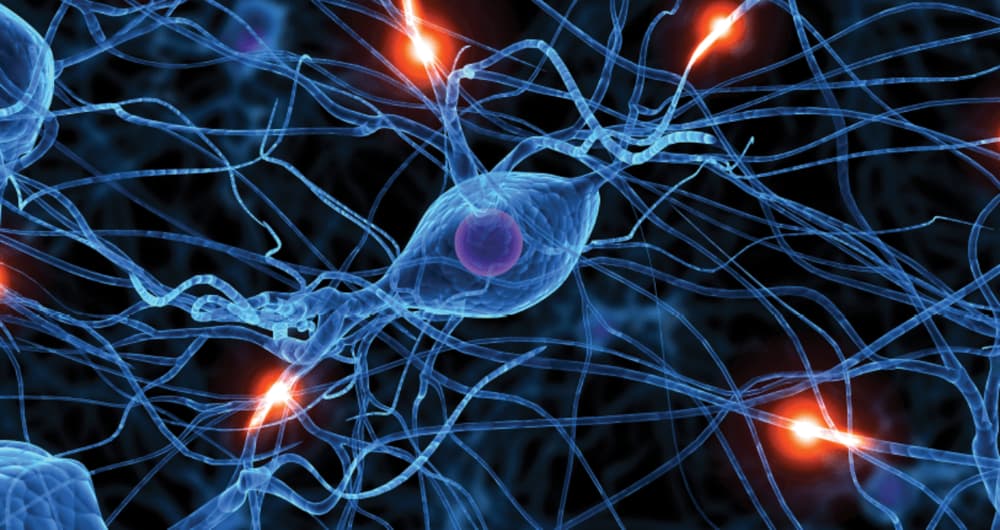Bioelectronic medicine is a cutting-edge field that uses electrical impulses to regulate nerve activity and treat chronic diseases. By targeting specific neural pathways, devices like vagus nerve stimulators and wearable neuromodulators can control inflammation, insulin levels, seizures, and even mood disorders—offering drug-free, highly personalized healthcare.
Bioelectronic Medicine: Using Electrical Signals to Treat Diseases
Written by Sumit Kaushik

In this modern era—when biology and technology have thinner and thinner boundaries—it's happening under the radar. Bioelectronic medicine, or electroceuticals, promises to revolutionize the treatment of chronic disease entirely. Instead of resorting to conventional drugs or surgical interventions, this new field employs electrical signals to heal the body's own internal systems—rewiring, fine-tuning, and healing from within.
What Is Bioelectronic Medicine?
Bioelectronic medicine is a novel technology that employs tiny implantable or wearable devices to deliver targeted electrical stimulation to designated nerves. These in turn affect the body's organs and systems' reactions.
The idea is evil but lovely: if the nervous system governs much of the body's operation, then controlling its signals can heal disease at the source—instead of only covering up symptoms. And, indeed, it is hacking your nervous system—but to the purpose of customization and therapy.
How Does It Work?
Your body is aware through a vast network of nerve impulses, or bioelectrical signals. They flash back and forth between the organs, nerves, spinal cord, and brain—governing everything from your mood and digestion to your heart rhythm and immune system.
Bioelectronic devices draw upon this circuitry in an attempt to:
- Detect abnormal nerve activity (such as inflammation or irregular rhythms)
- Send targeted electrical signals to restore effective communication
- Modulate immune or endocrine function to elicit desired effects
- Make sensor- and feedback-loop-corrected real-time adjustments
Since the therapy is local and adaptive, it shuns dependence on broad-spectrum drugs—reducing side effects and easing care.
Revolutionary Applications
Bioelectronic therapies are under active investigation and are being used for several classes of diseases:
- Rheumatoid Arthritis: Vagus nerve stimulation to dampen inflammation and soothe joint pain.
- Type 2 Diabetes: Pancreas-governed regulation through nerves optimizes blood glucose metabolism.
- Depression & PTSD: FDA-approved VNS (Vagus Nerve Stimulators) regulate mood and brain activity.
- Epilepsy: Implanted neurostimulators in the body anticipate and monitor seizures in real-time.
- Crohn's Disease: Neuromodulation of stomach nerve activity reduces flare-ups and improves gut motility.
That is just an expanding list because research continues to find conditions like asthma, hypertension, and autoimmune disease.
Key Devices Driving the Revolution
The technology itself is equally exciting:
- Implantable VNS Devices: They provide intermittent, low-voltage electrical stimulation of the vagus nerve to control the nervous or immune system.
- Wearable Neuromodulators: Prosthetics for conditions like migraines, hypertension, and mood disorders.
- Closed-Loop Systems: Intelligence that tracks body signals and adjusts stimulation in real time.
Early movers like SetPoint Medical, ElectroCore, and Galvani Bioelectronics (between Verily and GSK) already have highly developed commercial products in the pipeline.
Where Are We Going?
Bioelectronic medicine is moving towards hyper-personalized therapies with machine learning, in vivo biosensors in real-time, and AI embedded. Think about:
- A chip in your body that avoids a stroke by identifying abnormal heart rhythms beforehand
- Self-tuning wearables that flip treatment on the fly to stress, activity, or hormone levels
- Smart implants that can control inflammation before you even realize you're in pain
With medicine increasingly data-driven, bioelectronic devices may begin monitoring and adjusting our health in secret mode—no pills required, no surgery needed.
Bioelectronic medicine is no longer science fiction—it's an actual, fast-arriving reality. It can rewrite the playbook for the treatment of immune disease, chronic disease, and neurological disorder.
We're turning precision, personalization, and proactivity into the drivers of care by harnessing electricity as a medicine.
The next time you think healthcare, think circuits—not syringes. The future is not only digital—it's electrically smart.